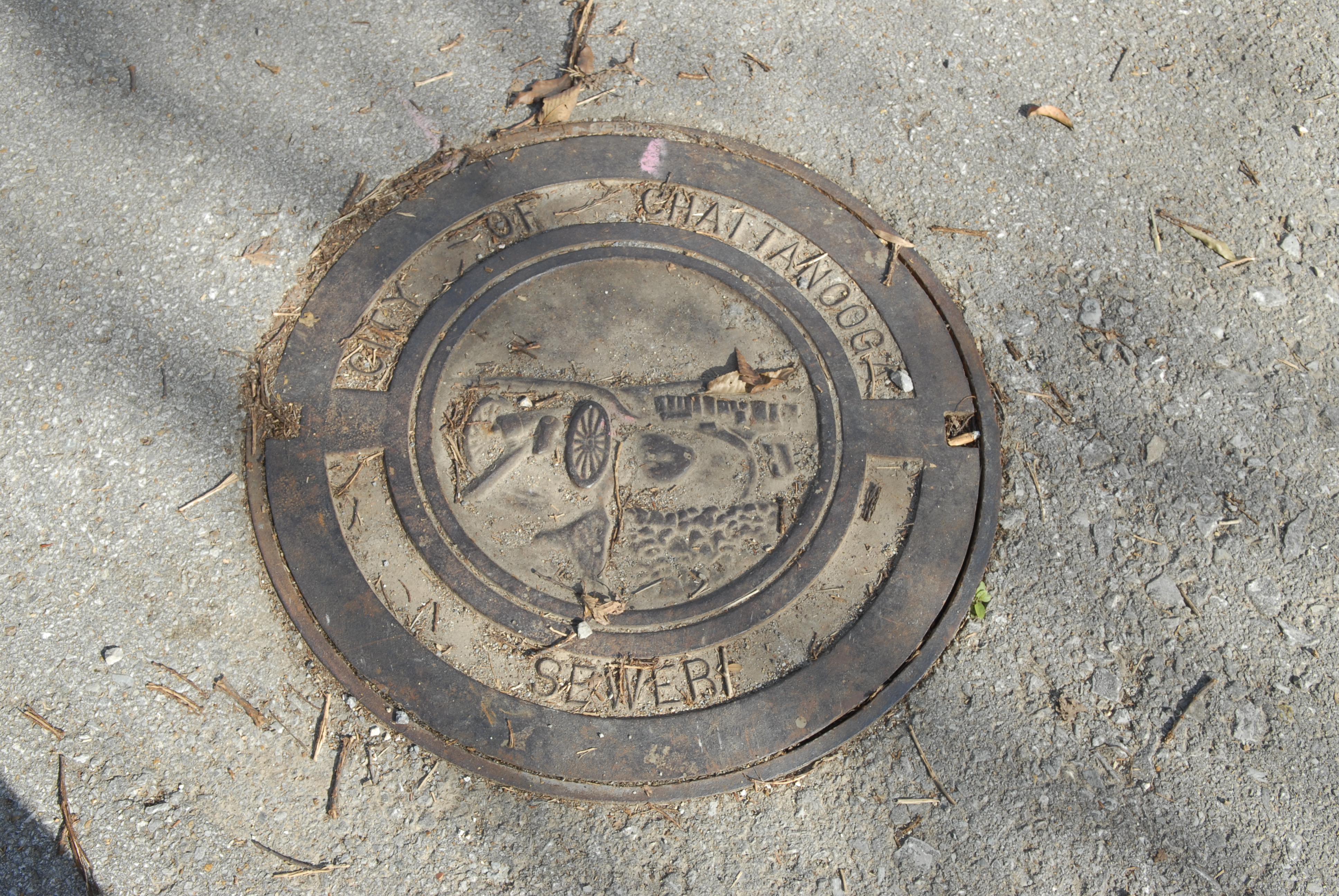Local utilities and Chattanooga soon could be saddled with upward of $100 million in mandated sanitary sewer improvements.
Confidential negotiations from an October 2010 enforcement action against Chattanooga may be drawing to a close. The Tennessee Clean Water Network filed a complaint against the city for Clean Water Act violations, and the U.S. Environmental Protection Agency and the Tennessee Department of Environment and Conservation became involved.
City Attorney Mike McMahan confirmed that the parties are close to an agreement -- known in legal terms as a consent decree -- but declined to predict how much the mandated system improvements will cost.
"We're not willing to discuss that at this stage. We're not even willing to say what our wild guess is," he said.
A TDEC spokeswoman on Tuesday declined to comment on the negotiations until an agreement is final.
The county's Water and Wastewater Treatment Authority is entering a voluntary agreement with the state in an effort to avoid its own consent decree or, possibly worse, a building moratorium.
Last week, Chris Clem, an attorney for the wastewater authority, told Hamilton County commissioners that the price tag for upgrades to the sewer system could be $100 million or more over the next five to seven years.
Currently, the city and several sewer utilities, including the WWTA, feed into the Moccasin Bend Wastewater Treatment Plant. State environmental regulators and the EPA are forcing improvements in all the systems, McMahan said.
Not complying with the consent decree and the agreements with secondary utilities -- or not showing progress fast enough -- could result in building moratoriums across the county, Clem said.
"We're looking at it as a huge community problem," Clem said. "It's very heavy-handed and serious."
A moratorium like one imposed on the town of Signal Mountain a few years ago -- no new building until problems were fixed in the leaky stormwater and sanitary sewer system -- could become countywide and would mean no new houses, new industries or new connections at Enterprise South industrial park, Clem said.
The final agreement will determine the next steps for the city system, McMahan said. The city's actions eventually could include another treatment plant.
With the Chattanooga area facing huge potential costs to fix the sewer system, Tennessee American Water, the private water company that has offered sewer billing services to the city and WWTA systems for more than 50 years, has given notice that it won't handle billing anymore.
WWTA Treasurer Louis Wright told county commissioners last week that municipalities and utilities nationwide are confronting the expense of repairing old sewer systems. In Chattanooga, Tennessee American and its parent company, American Water Works, don't want to provide billing services for sewer systems it doesn't own, he said.
The company's annual report, filed with the U.S. Securities and Exchange Commission, states that the water companies are upgrading their billing system and no longer will provide the service to third parties.
"The real reason, and I don't particularly blame them, is we are all going to have to go up on our fees," Wright said. "TDEC and EPA are requiring us to fix sewer systems that are old and very dilapidated and leaking into our groundwater. Tennessee American doesn't want to be perceived, because they're the ones doing the billing, as the ones that are doing this."
Hamilton County is the only one in the state with a private water company, but Clem said similar actions are being taken in Lexington, Ky., and St. Louis, Mo.
Though Wright sympathized with the water company, stopping the billing ultimately will cost the WWTA and Chattanooga as much as $2 or more per month per bill, he said.
Clem estimated that new billing systems for Chattanooga, WWTA and four North Georgia utilities could cost $100,000 to $200,000 more per month, and those added costs must be passed along to ratepayers.
Last week, Clem and WWTA Executive Director Cleveland Grimes asked Hamilton County commissioners to approve a purchasing exception so the WWTA could contract with a consultant to help establish a billing service for the affected utilities.
In addition to establishing a billing service, Clem said WWTA must inspect at least 26,000 sewer connections in the county.
The lines WWTA has built shouldn't be a problem, Grimes said, but systems such as Signal Mountain, Lookout Mountain, East Ridge, Red Bank and Soddy-Daisy need large amounts of work.
County commissioners wanted to know whether the WWTA would be paying to fix connections that violate the law or would assess homeowners and make them improve their own pipes.
"We shouldn't be on private property," Commissioner Joe Graham said.
Clem said he understands Graham's position, but the EPA and TDEC might not and they could ultimately halt all economic development in Hamilton County.
"EPA and TDEC monitor the progress of completing the unfunded mandate," Clem said. "They just don't wait for the five to seven years to pass before determining if a community has made progress."

